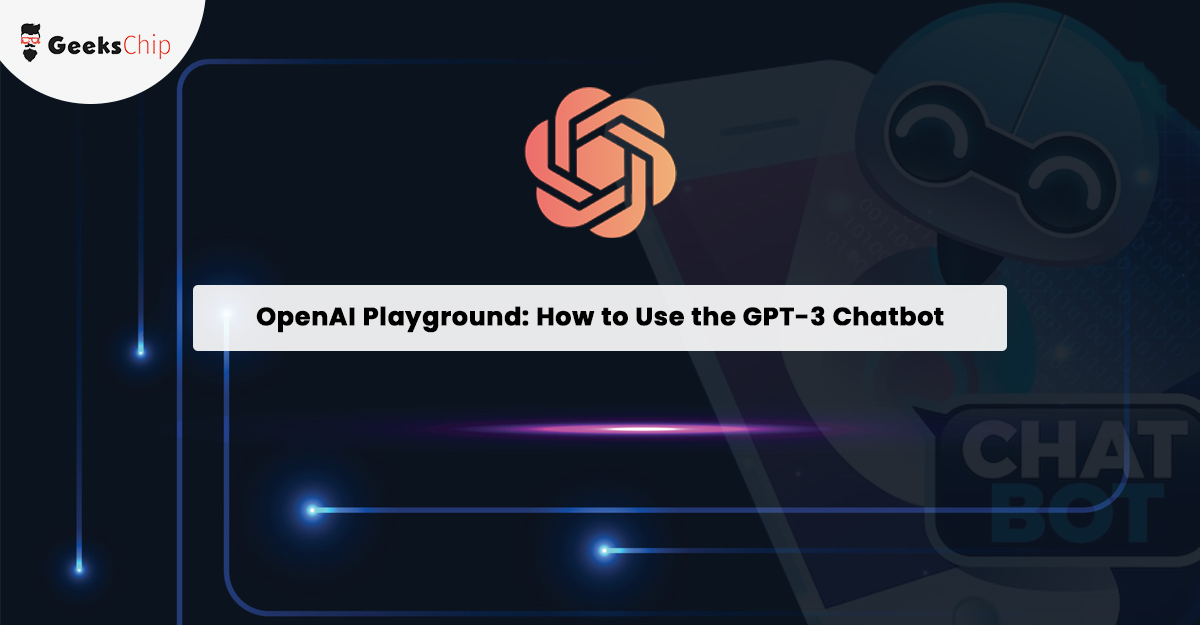In the ever-evolving landscape of artificial intelligence and natural language processing, OpenAI’s Playground, in its beta version, has emerged as a powerful tool for both novices and experts alike. It offers a unique platform to interact with and develop chatbot dialogues using GPT-3, the state-of-the-art language model. In this comprehensive guide, we will embark on a journey from novice to expert, exploring the capabilities, functionalities, and potential applications of the beta OpenAI Playground while keeping our primary keyword, “beta OpenAI Playground,” in mind.
The Essence of the Beta OpenAI Playground
The beta OpenAI Playground is an online interface that allows users to harness the immense language processing capabilities of GPT-3. It empowers developers, writers, businesses, and researchers to create natural and engaging conversations with chatbots, facilitating a wide range of applications.
Key Components of the Beta OpenAI Playground
To navigate this dynamic platform effectively, it’s crucial to understand the key components that constitute the beta OpenAI Playground:
1.GPT-3 Integration
At the heart of the playground is the integration of GPT-3, a cutting-edge language model developed by OpenAI. GPT-3 is designed to understand and generate human-like text, making it a versatile tool for various applications.
2.Interactive Interface
The beta OpenAI Playground offers an interactive and user-friendly interface that allows users to input messages and receive responses from the chatbot in real-time. This interface is intuitive and requires no extensive coding knowledge.
3.Customizable Prompts
Users can customize prompts and messages to instruct the chatbot effectively. This flexibility allows for a wide array of use cases, from content generation to customer support.
4.API Integration
For developers and businesses looking to integrate GPT-3 chatbots into their applications or websites, the beta OpenAI Playground offers an API for seamless integration.
The Significance of the Beta OpenAI Playground
So, why is the beta OpenAI Playground significant, and what sets it apart from other AI chatbot development platforms? Let’s explore its unique advantages:
- Accessibility: The beta OpenAI Playground is accessible to a wide range of users, from AI enthusiasts with minimal coding experience to seasoned developers. Its intuitive interface makes it easy for anyone to create compelling chatbot dialogues.
- Versatility: GPT-3’s versatility allows the beta OpenAI Playground to be used in diverse industries and applications. From content generation to virtual assistants, the possibilities are virtually limitless.
- Rapid Prototyping: For businesses and developers, the playground serves as a rapid prototyping tool, enabling the quick testing of chatbot concepts and ideas without extensive development efforts.
- Innovation: As an open platform, the beta OpenAI Playground encourages innovation and experimentation in the field of AI and natural language processing. Users can explore creative applications and contribute to the evolution of chatbot technology.
- The Journey from Novice to Expert
Now, let’s embark on a journey that takes us from novice users of the beta OpenAI Playground to seasoned experts who can leverage its full potential:
Step 1: Familiarization with the Interface
As a novice, your first step is to become familiar with the beta OpenAI Playground’s interface. Spend time exploring the layout, understanding how to input messages, and observing the chatbot’s responses.
Step 2: Basic Conversations
Begin with basic conversations. Engage the chatbot in simple dialogues to understand how it processes and responds to various queries. This phase allows you to grasp the fundamentals of interaction.
Step 3: Prompt Customization
Dive deeper into customization. Experiment with different prompts and instructions to see how you can guide the chatbot’s responses. This step unlocks the ability to use GPT-3 for specific tasks.
Step 4: Advanced Use Cases
As you progress, delve into advanced use cases. Explore content generation, answer generation, and even customer support scenarios. This is where you start harnessing the full potential of the beta OpenAI Playground.
Step 5: API Integration
For those aiming for expertise, consider integrating the chatbot into your own applications or websites using the provided API. This step allows you to create real-world solutions using GPT-3.
Applications and Future Possibilities
The beta OpenAI Playground holds immense potential across various domains. Here are some applications and future possibilities to consider:
- Content Creation: Use GPT-3 to generate articles, blog posts, and marketing content effortlessly.
- Customer Support: Implement AI chatbots for efficient and 24/7 customer support.
- Language Translation: Develop chatbots that can translate text in real-time.
- Education: Create interactive educational tools and virtual tutors.
- Healthcare: Explore the use of chatbots for medical information dissemination and telemedicine support.
- Entertainment: Develop chatbots for interactive storytelling and gaming experiences.
The Future of the Beta OpenAI Playground
As the beta OpenAI Playground continues to evolve, we can expect even more advanced features and capabilities. Enhanced language models, improved customization options, and expanded API functionalities are on the horizon. The future holds exciting possibilities for chatbot development and application.
In conclusion, the beta OpenAI Playground represents a transformative tool in the world of artificial intelligence and natural language processing. From novices exploring its intuitive interface to experts pushing the boundaries of chatbot innovation, this platform offers something for everyone. Embrace the power of GPT-3, and let your journey from novice to expert in the beta OpenAI Playground begin.

